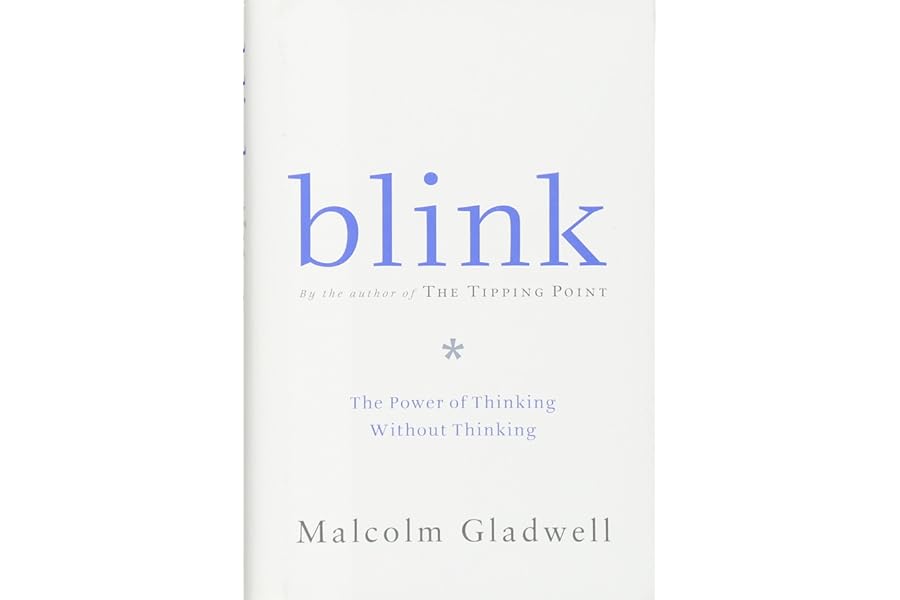Amazon reviews: 4.5 out of 5 stars (13145 reviews) as of 01/16/2024
One Sentence Summary:
This book explores the power and significance of rapid, intuitive thinking and the importance of trusting our ‘gut instincts.’
Book Genre:
Non-fiction, self-help, psychology
Main Topic of the Book:
The main topic of this book is the concept of ‘thin-slicing,’ or the ability to make quick and accurate decisions based on limited information.
Key Ideas:
- Rapid decision making can be just as effective, if not more so, than slow, deliberate decision making.
- Our unconscious mind plays a significant role in our decision making process and can often be more reliable than our conscious thoughts.
- We should trust our instincts and intuition more, rather than relying solely on rational thought and analysis.
- Context and environment can greatly influence our decisions, sometimes without us even realizing it.
Main Parts of the Book:
Part One: The Theory of Thin-Slicing
This section introduces the concept of thin-slicing and how it relates to our ability to make rapid decisions. It explores the idea that our unconscious mind is constantly processing information and making split-second judgments that can be just as accurate as deliberate analysis.
Part Two: The Locked Door
This section looks at the concept of ‘mind-reading’ and how we can read and interpret various forms of nonverbal communication, such as facial expressions and body language.
Part Three: The Warren Harding Error
This part delves into the influence of stereotypes and biases on our decision making process. It also examines how our first impressions and snap judgments can be deceiving and often lead to ‘mind-blindness.’
Part Four: Listening with Your Eyes
Here, Gladwell discusses the power of intuition and how it can be honed and developed through experience and training. He also explores the concept of ‘thin-slicing’ in the world of experts, such as firefighters and art experts.
Key Takeaways:
- Our unconscious mind plays a significant role in our decision making process.
- Rapid decision making can be just as effective, if not more so, than slow, deliberate decision making.
- By trusting our instincts and intuition more, we can make better decisions.
- Our environment and context can greatly influence our decisions.
Author’s Background:
Malcolm Gladwell is a Canadian author and journalist who has written several bestselling books on human behavior and psychology. He is also a staff writer for The New Yorker and has been listed as one of Time Magazine’s 100 most influential people.
Target Audience:
This book is suitable for anyone interested in understanding the power and significance of rapid decision making and the role of intuition in our lives. It will especially appeal to those interested in psychology, self-improvement, and personal development.
Publisher and First Publication Date:
The book was published by Little, Brown and Company in 2005.
Amazon reviews: 4.5 out of 5 stars (13145 reviews) as of 01/16/2024

